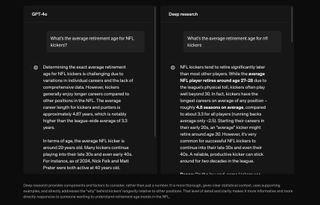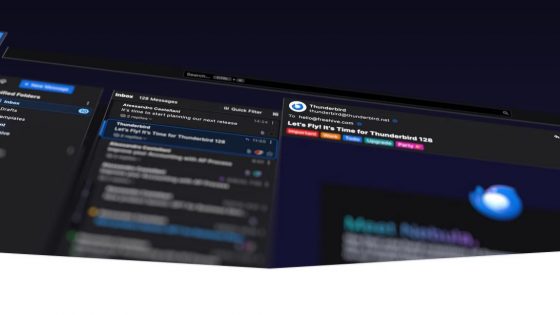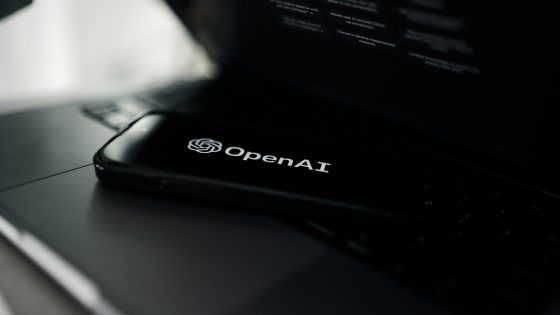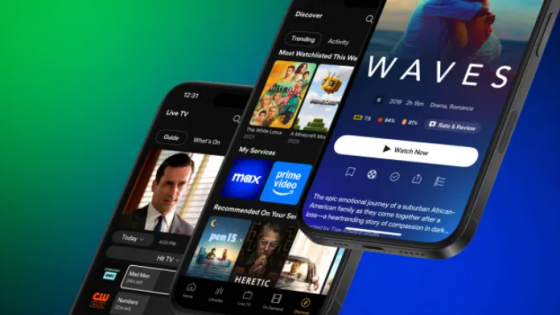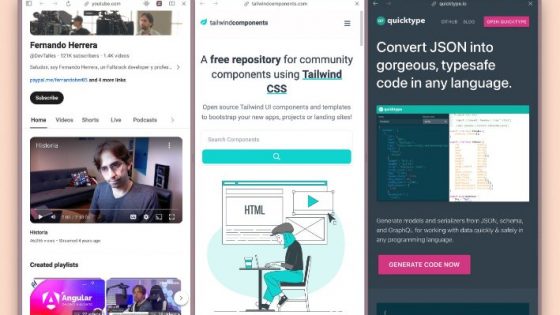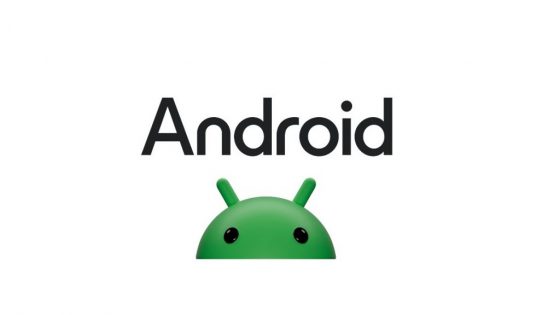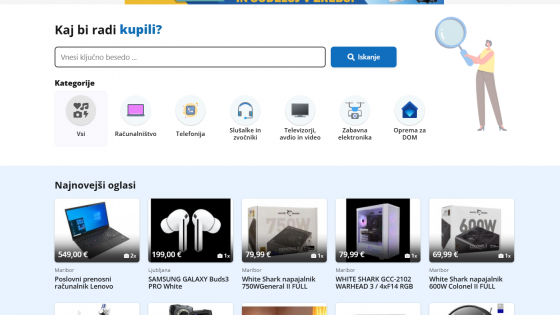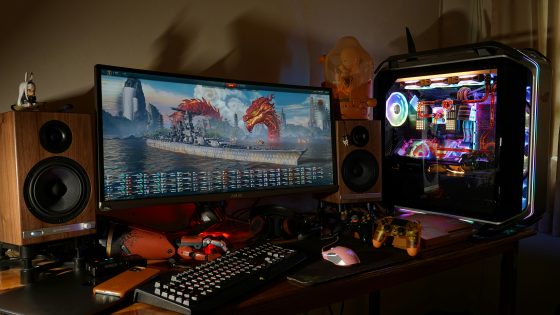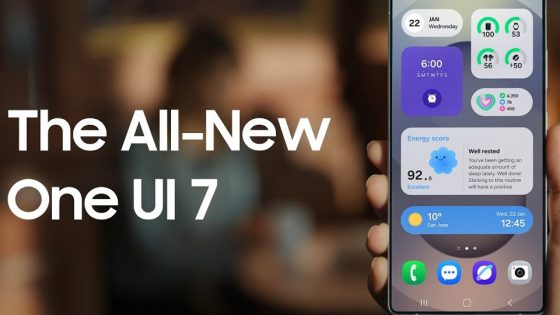OpenAI's new Deep Research feature is what we've all been waiting for - 3 reasons why
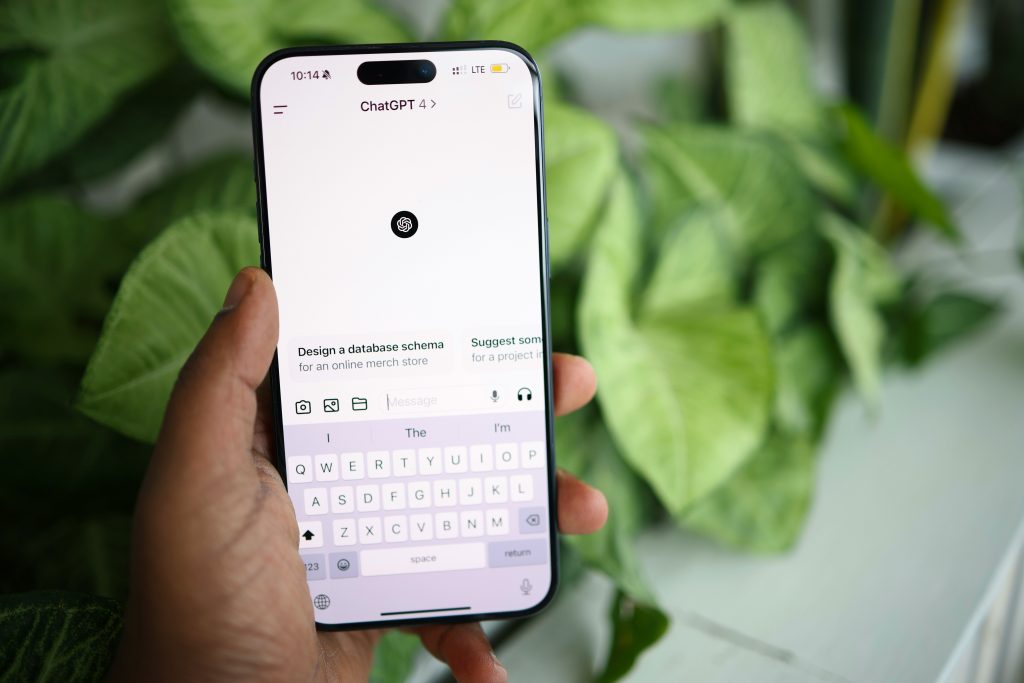
In a press release, OpenAI claims that Deep Research “accomplishes in a few dozen minutes what would take a human many hours.” Sounds a bit dystopian, doesn’t it? It’s certainly a step closer to a world where human labor can be replaced by artificial intelligence. It’s hard to blame anyone who says that AI that writes research papers and acts as an analyst is a step too far. At first glance, we weren’t too interested in OpenAI’s innovation, as it’s primarily marketed to companies, rather than individual users.
This changed when we first took a closer look at the first demonstrations of how the new agent capability works in practice.
What can “Deep Research” do?
“Deep Research” is initially available to ChatGPT Pro subscribers for $200 per month, but OpenAI says the new feature will be available to ChatGPT Plus and Team users in the future. At the time of writing, there is no information on whether or when “Deep Research” will be available to free users, although OpenAI is making sure that free users get all the features.
On the website, OpenAI wrote: “Deep Research is the next OpenA agent that can do the work for you independently – you call it, and ChatGPT will find, analyze, and synthesize hundreds of web sources and create a comprehensive, research-analytic-level report. Think of it as your own personal analyst, capable of running itself and reporting back to you with findings in just minutes. Whether you need a report on something as niche as the hummingbird population in the UK, or, in OpenAI’s case, a research report on how the retail industry has transformed over the past three years, Deep Research has you covered.”
While the focus here is on business report collection, medical research, and other professional use cases, the examples below are proof that all users can look forward to this:
1. Finding a needle in a haystack
This example is probably our favorite. Are you always struggling to find movie names, song titles, or other random information that would be easy to remember? Well, ChatGPT’s “Deep Research” can help you with that.
Here, ChatGPT is given a summary of a TV show with examples of a few episodes that the user has memorized. If this “prompt” were written in ChatGPT 4o, it would try to provide the correct answer, but would often miss the mark due to a lack of research. “Deep Research” can find the exact TV episode that the user is referring to, and also provide a breakdown of the details. In this case, it is the TV show Counterpart and the scenes found in season 1, episode 4.
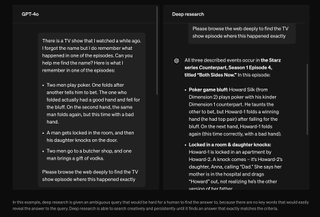
2. Shopping
Wouldn't it be great if artificial intelligence could do in-depth research and suggest which snowboard is best for us before our next skiing adventure? Well, "Deep Research" can do that too.
In this case, a call with information about a snowboard, slope conditions, and the area the user will be surfing leads to an impressive response that not only offers some of the best options, but also explains in detail why those options are worth exploring. The agent takes all of the user's requests into account and provides purchasing information that would otherwise take hours to find.
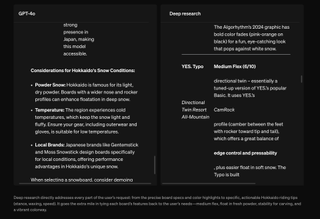
3. General knowledge
Thanks to deep research, “Deep Research” provides very in-depth and reliable answers. OpenAI gave another interesting example, with a question about the average retirement age of NFL players. It gave a comparison between 4o and “Deep Research”.
4o responded that the prompt was too difficult to give an accurate average. The model responded with a rough estimate of “age between 35 and 40,” although it’s not nearly as rich as the in-depth analysis of “Deep Research.”
On the other hand, “Deep Research” digs into multiple sources and gathers factual information to determine that NFL players can retire at different ages and explains the range of retirement ages with examples. This is a much more reliable answer, showing how much “Deep Research” can improve the answers.
While we don't know exactly when “Deep Research” will be available for those of us who don't pay the most expensive ChatGPT subscriptions, these examples are enough to fill us with excitement about the future of artificial intelligence development.
